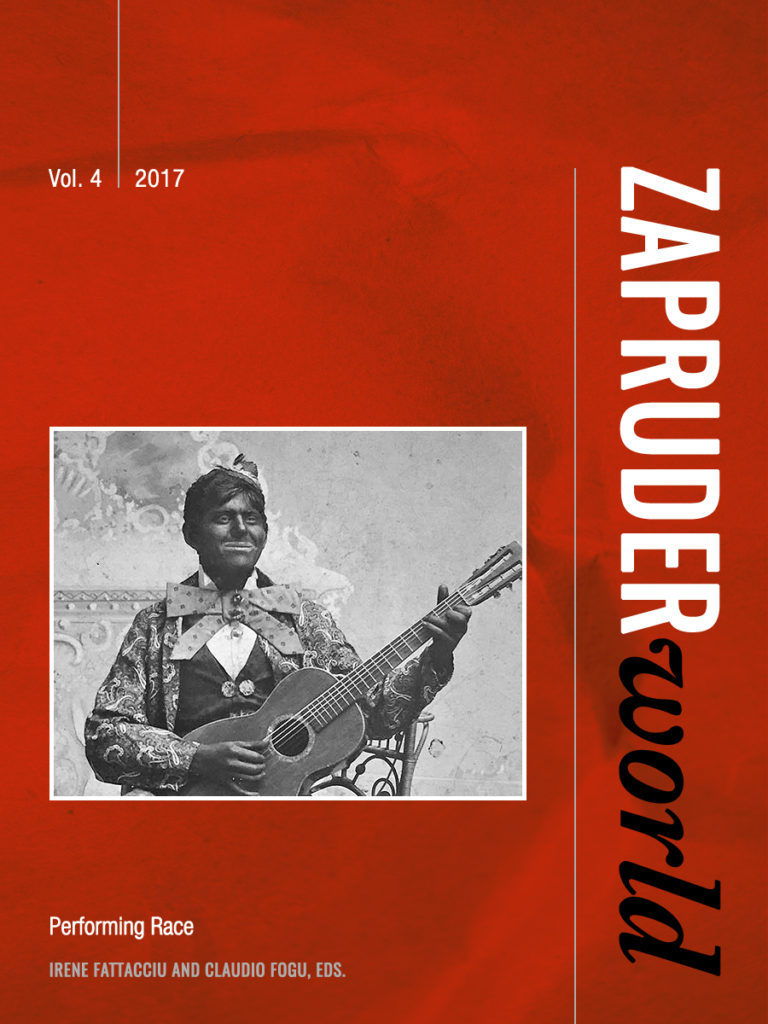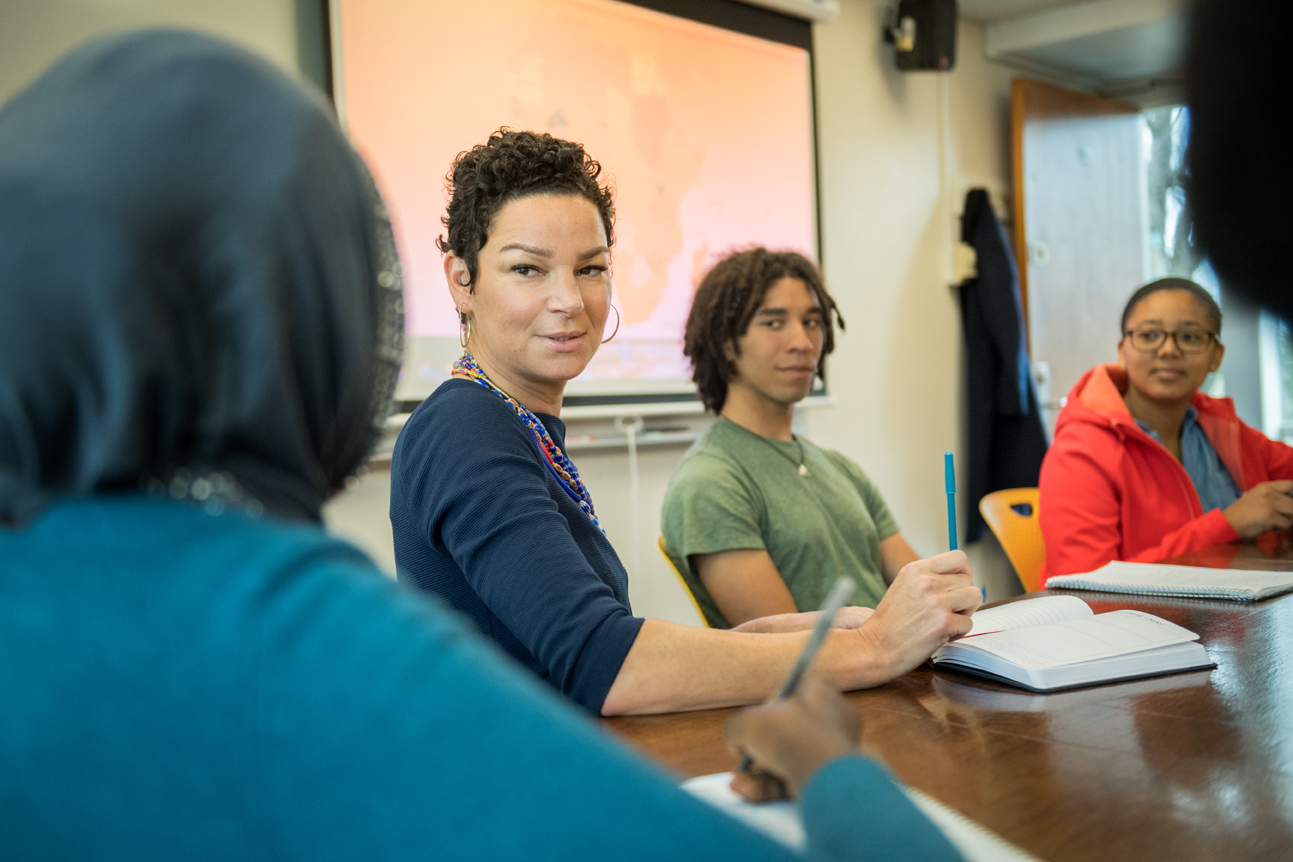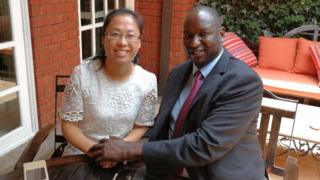“Blood is Thicker than Water”: The Materialization of the Racial Body in Fascist East Africa
Zapruder World: An International Journal for the History of Social Conflict
“Performing Race,” Volume 4 (2017)
Angelica Pesarini, Social and Cultural Analysis, Faculty Member
New York University

Introduction
One of the major issues with the perception of “race” in modern Italy refers to what Alessandro Portelli defines as Italians’ “self-reflexive colour blindness.”1 What occurs in Italy is not simply a denial of race. Rather than seeing themselves as “White,” according to Portelli, Italians see themselves as “normal.” As a result, because colour is unspoken and not openly mentioned, it is believed that Italians are immune from racism. Such a structural colour-blindness, however, is problematic because it associates Whiteness with normality and, consequently, with Italianness.2 Simply put, to be Italian is to be White. Within this discourse, those who do not fit the alleged (White) Italian type are deemed outside the Nation on a number of levels.3
In order to understand and unpack such dynamics it is necessary to consider the category of “race” and the influence this had on the construction of Italian national identity. If “race” is a social construct devoid of scientific validity, it still retains enormous power in the modern world. In the case of Italy, the racial construction of national identity shows a complex ambivalence embedded in discursive practices revolving around an ambiguous production of both Whiteness and Blackness. Such an ambiguity, as highlighted by Tatiana Petrovich Njegosh stems from Italians’ liminal double racial status as racialisers (of Jews, southerner Italians and Africans) and racialised subjects in the U.S. and Australia.4 As a result, “race” in Italy today seems to be located within the interstices of a polarised discourse based on notions of “unspoken Whiteness”5 able to visually recognise “Italians” from “Others,” namely those called stranieri (foreigners), extracomunitari (a term used to define migrants coming from outside the EU) and the new “migranti” category (broadly used to address African migrants crossing the Mediterranean). Although colour is not openly named, meaningful biological connotations based on phenotypic features located on the body are at the core of Italian national identity. It is important to notice that such a disjunction does not work merely at a visual level. The racialisation of national identity, in fact, transversally affects Italian society and the everyday life of racialised subjects extending from education to housing, labour rights, work opportunities, political participation, health, personal safety, and legal discourse too, as discussed in this paper.
Drawing on ideas of performativity as applied to race, this essay illustrates some of the reasons why in contemporary Italy the idea of Blackness associated with Italianness still appears, to some, an impossible semantic match, an irreconcilable paradox. Owing to the interdependence of colonialism, ideas of “race” and “mixed race,” and the normative construction of Whiteness in relation to national identity, it seems necessary to investigate the nexus of race, gender and citizenship, through a performative lens. In order to do so, I focus on a series of laws and decrees passed during the Liberal and Fascist periods. These include the Codice Civile per la Colonia Eritrea (Colonial Civil Code for the Colony of Eritrea) of 1909, Law 999 of 1933, introduced to regulate the legal identity of “mixed race” children born in the former Italian colonies in East-Africa, and the racial laws enacted between 1937 and 1940. The investigation of these pieces of legislation is useful to highlight not only the influence that Liberal norms had on the promulgations of Fascist racial laws, but also how Italian citizenship, today, is still rooted in the idea of an alleged “racial citizen.”…
Read the entire article here.









